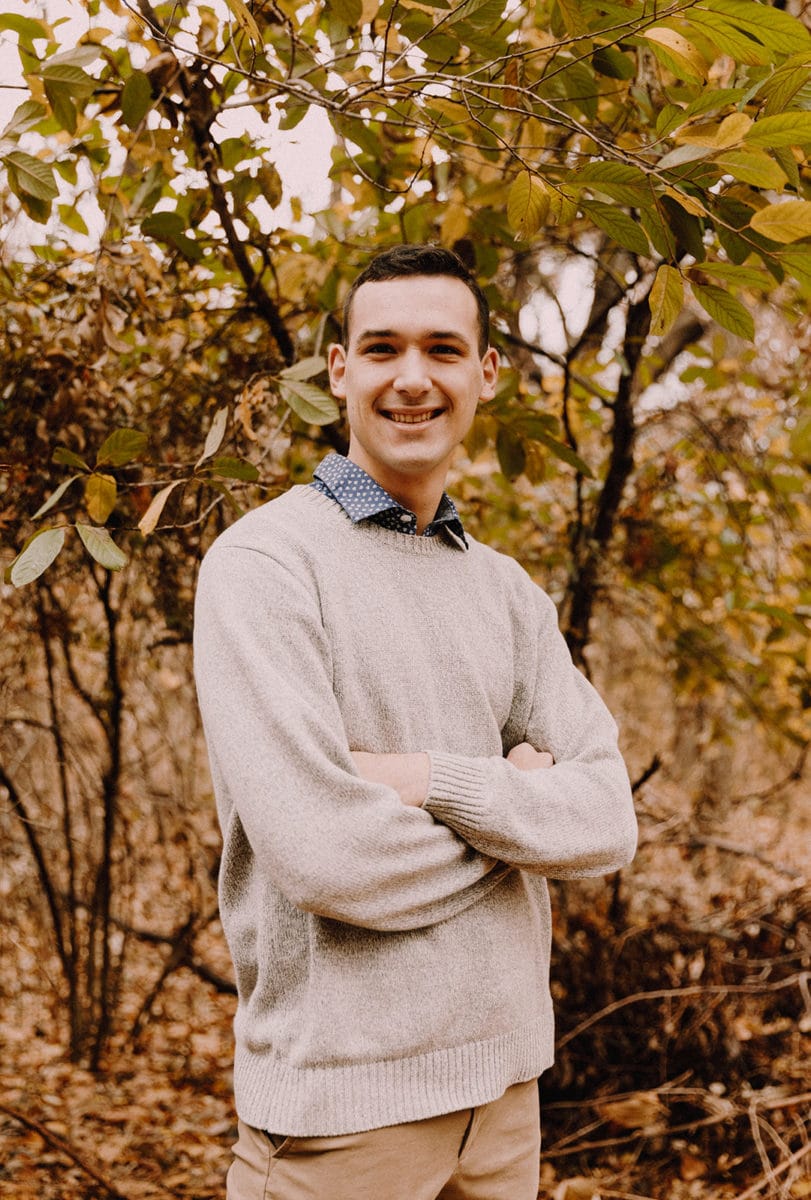Beyond Cultural Competence
May 2021
By Josiah Holland, XP Culture

Moving to the US remains the hardest thing I’ve ever done. In 2006, my family left our home in Togo, Africa. For my parents, this was a return to their home country after being away for 12 years as missionaries.
While they were gone, America had experienced the dotcom bubble, the transition from Clinton to Bush, the anxiety of Y2K, the tragedy of 9/11, the height of NSYNC (you know, Justin Timberlake with the spaghetti hair), and everything else that shaped US culture during that time. I was vaguely aware of the name Bush and the events of 9/11. Almost every other cultural reference meant nothing to me.
Within the first several weeks of school, eager to make friends, I showed up to a meeting that had been announced for African American students. I explained that while my passport was American, I was mostly African. It was there that I learned that being African American was about skin color. Almost 15 years later, I’m still learning about the complicated history and nature of race relations in the US. I don’t think I’ll ever be done.
There were many other watershed moments for me in those first several years here in the US. However, on most fronts, I continue to consider myself a learner. I will always be learning American culture as American culture is constantly changing. It would be ignorant of me to assume the same is not true in Togo, or anywhere in the world for that matter.
Hence, I’ve stopped focusing on cultural competence and instead committed myself to the practice of cultural humility. While what I know of a culture can be of great benefit, it’s what I don’t know about a culture that poses the greatest risks to me when ministering or working cross-culturally. I’m committed to illuminating my blind spots instead of touting what I know.
My hope is that this same attitude would become the norm in the context of short-term missions. As trip leaders and coordinators, we have a responsibility to share key cultural insights with those we lead. However, I’m convinced that we will be much more effective learners, guests, and ambassadors of our faith if in our training, we instill the value of cultural humility in place of cultural competence.
Cultural competence connotes the idea that learning can be finished or deemed satisfactory. Cultural humility acknowledges that learning will never be done and growth is always an option. It’s the antithesis of cultural arrogance, which is unfortunately what most of the world has come to expect from traveling Americans.
From my interactions with the SOE team, I’m convinced they share this perspective and are well-equipped to help churches, schools, and organizations adopt and practice cultural humility as a value. If you’re looking for a place to start, consider starting with yourself. Before jumping to the next email in your inbox, consider this 3-minute challenge:
- Grab a sticky note. (30 seconds)
- Write down the names of 1-3 people you consider to be life-long learners. (30 seconds)
- Text or email each person to ask if they have 30 minutes in the next couple of weeks to discuss with you what they’ve been learning or observing in the cultural context where they live. (2 minutes)

Josiah Holland lives and works in Cincinnati as a change management consultant in addition to the work he leads at XPCulture with his dad (a missionary of 25 years), and his friend Nathan (a full stack developer at Pioneer Bible Translators). The trio founded XPCulture in 2018 to provide short-term mission teams with a digital platform to use as part of pre-trip training and post-trip follow up.
If you’d like to follow up with Josiah, he can be reached at Josiah.holland@xpculture.com.
